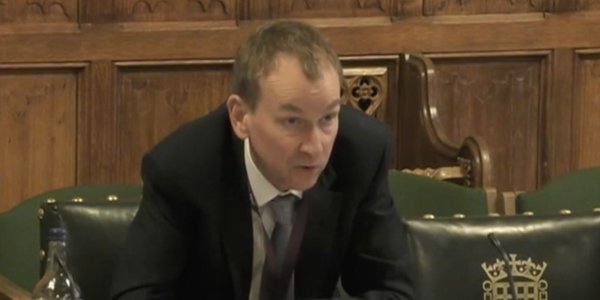13 SEPTEMBER 2022 | NEWS
The recently-elected Prime Minister is taking steps to implement her economic agenda, following the pledges she made during her successful election campaign.
Liz Truss and her new Chancellor of the Exchequer, Kwasi Kwarteng, have said they are also aiming to fulfil their campaign promise of challenging the “Treasury orthodoxy” by shaking up the leadership within the department. This included the dismissal of the Treasury’s top official, Sir Tom Scholar, just two days into Ms Truss’ premiership.
But Dave Penman, the General Secretary of the FDA, which represents senior Civil Servants, has publicly criticised the move and defended Sir Tom, saying that it “ultimately shows a weakness in government”, adding that “good ministers don’t fear robust advice; they welcome it”.
Writing for Civil Service World, he continued: “It is an extraordinary act – and one that has ramifications not just for the relationship with the Civil Service, but for the fundamental principles that underpin a permanent and impartial Civil Service.
“He has vast experience, not least in dealing with major financial crises. He had been at the Treasury in 2007 during the banking collapse, and during Covid and the – until now – unprecedented financial support delivered via the furlough scheme.
“Why, then, would a confident government and Chancellor not want one of the most experienced and admired civil servants of his generation at the heart of government?”
Two former Cabinet Secretaries who were in post during governments by both major parties – Robin Butler, who served under Margaret Thatcher, John Major and Tony Blair, and Lord O’Donnell, who served under Tony Blair, Gordon Brown and David Cameron – have also publicly condemned the move.
The former said: “I think the politicians are beginning to forget about the constitution”, adding that in his view they were “behaving improperly towards the Civil Service”.
The latter said: “Sacking someone with no notice for no apparent reason – someone held in high regard by Chancellors of all political parties – is no way to earn the respect of the Treasury and the Civil Service.
But the Government has insisted that it will continue to pursue its fiscal policy agenda
A spokesperson for the Prime Minister’s office announced that there will be a ‘mini-Budget’ later this month, which will target controlling the rising rates of inflation, easing the cost-of-living burden for working families and dealing with increasing energy costs.
During her leadership campaign, Ms Truss pledged to cut taxes and stated that packages would be delivered to help people suffering due to rising utility costs.
The ‘mini-Budget’ will take place despite the ongoing mourning period following the passing of Queen Elizabeth II last Thursday. Parliament is currently officially on a break for the normal procedures for honouring and mourning the monarch’s passing.
The PM’s official spokesman confirmed the rumours of a ‘mini-Budget’, saying: “We are still planning to deliver a fiscal event this month.”
The ‘mini-Budget’ follows the announcements in the House of Commons last Thursday, prior to the revelations of the Queen’s ill health and subsequent passing, concerning the Government’s plans to deal with the energy crisis. The plans include capping household energy bills at £2,500 per year until 2024. Energy prices will also be capped for businesses for six months from the plan’s introduction.
In addition, the Government plans to increase the supply of domestic energy by deregulating the energy industry, including in the North Sea. It will also seek to create more nuclear power stations.
In her speech to Members of Parliament in the House of Commons, the new Prime Minister said: “We are supporting this country through this winter and next, and tackling the root cause of high prices, so we are never in this position again.”
She also rejected the opposing Labour Party’s calls for a windfall tax on energy companies to fund support for struggling families, stating in the Commons: “I can tell the House today that we will not be giving in to calls for this to be funded through a windfall tax.
“That would undermine the national interest by discouraging the very investment we need to secure home-grown energy supplies. You can’t tax your way to growth.
“Instead, we are taking an approach which is pro-growth, pro-business and pro the investment we need for energy security.”
The cost of the Government’s plan has not yet been officially announced and is expected to be revealed in the Chancellor’s ‘mini-Budget’. However, it has been estimated that the total cost will be somewhere in the region of £150 billion.
























